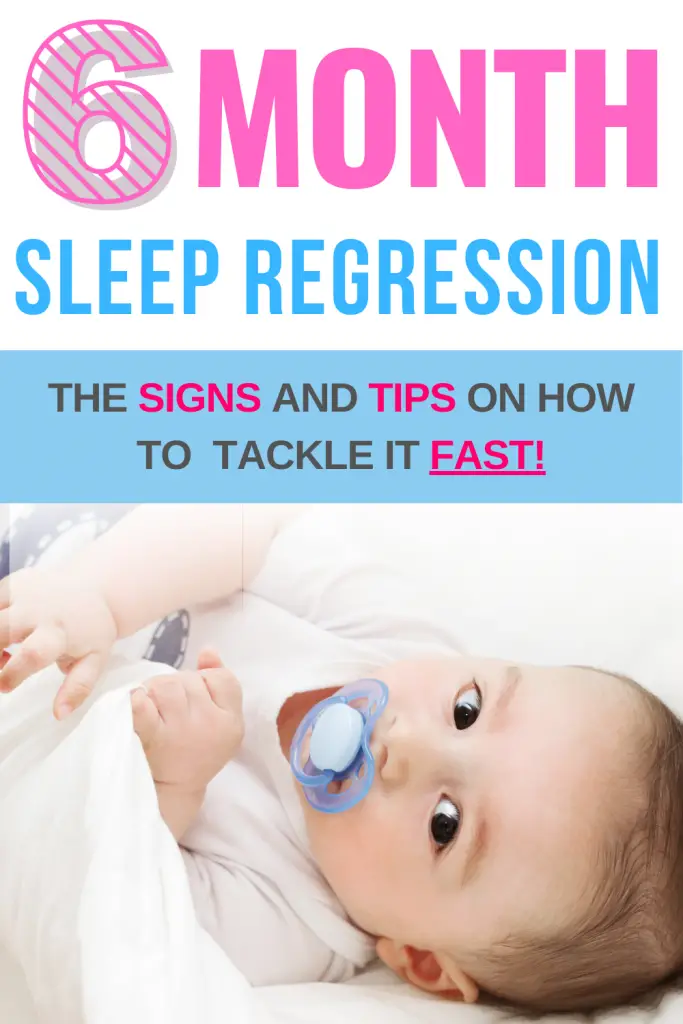

Think about your own sleep needs-you probably prefer a temperate, dark space. Sleeping areas that are too bright, too loud or quiet, or too warm or cold will prevent baby from getting comfortable. (especially in the early weeks and months)- they can take in as much as 20% of their total daily caloric needs at night.

In fact, research shows that many babies nurse most frequently between 9 p.m. Maybe baby is awake because she needs to reconnect with mama? If mom works away from home, baby will play catch-up breastfeeding during the nightly hours. At this age, baby still hasn’t been outside the womb longer than he or she was in the womb. Then there’s their need for physical affection (which is a real, biological need!). What’s even more fascinating is that nighttime breast milk is fattier, more filling, and contains extra melatonin-the hormone needed to fall asleep. (Why oh why?!) Babies wake up to nurse because they know it’s there waiting for them, like ice cream in the freezer for a midnight snack ( source). Prolactin production increases after the sun goes down, meaning you make more milk during the night. Breast milk digests in about 2 hours, and baby is having insane growth spurts that require extra energy.Īnd, interestingly, lactation follows the circadian rhythm.

If your baby is waking excessively through the night, he/she could be hungry. For others-perhaps a sensitive child who is learning to roll or popping a first tooth-it can be a seriously difficult time for all involved. ? Here are some baby milestones that occur around the same time and might interrupt sleep: It may be hardly noticeable for a baby with an easy-going temperament who hasn’t started rolling or teething yet. There is a lot going on at this time for your baby!” - Katelyn Thompson from Sweet Pea Sleep Solutions “ affects children differently depending on temperament and what other milestones it happens to coincide with. We’ve established that brain development is the main cause of the 4 month sleep regression, but there are other factors that can affect the severity of the 4 month sleep regression. What Causes the 4 Month Sleep Regression? They may wake fully and be fussy or even want to play. If an adult wakes during those lighter periods of sleep, they generally fall back asleep without even realizing it.Ī baby, on the other hand, hasn’t yet learned to fall back asleep. 40-45 minutes: Lightly sleeping and easily awoken.30-40 minutes: Coming out of a heavy sleep.10-20 minutes: Settling into a deeper sleep.They fall asleep easily, but never enter a true deep sleep, sleeping at odd intervals throughout the day and night.Īround 4 months, their sleep becomes more like an adult’s, with 45 minute sleep cycles governed by the circadian rhythm. Here’s what a typical sleep cycle looks like: When a baby is a newborn, their sleep is disorganized and is not governed by the circadian rhythm. Though referred to as the “4 month” sleep regression, it generally happens between 3 and 5 months of age. The 4 month sleep regression is when a baby’s brain makes a developmental leap and his/her sleep cycles change.


 0 kommentar(er)
0 kommentar(er)
